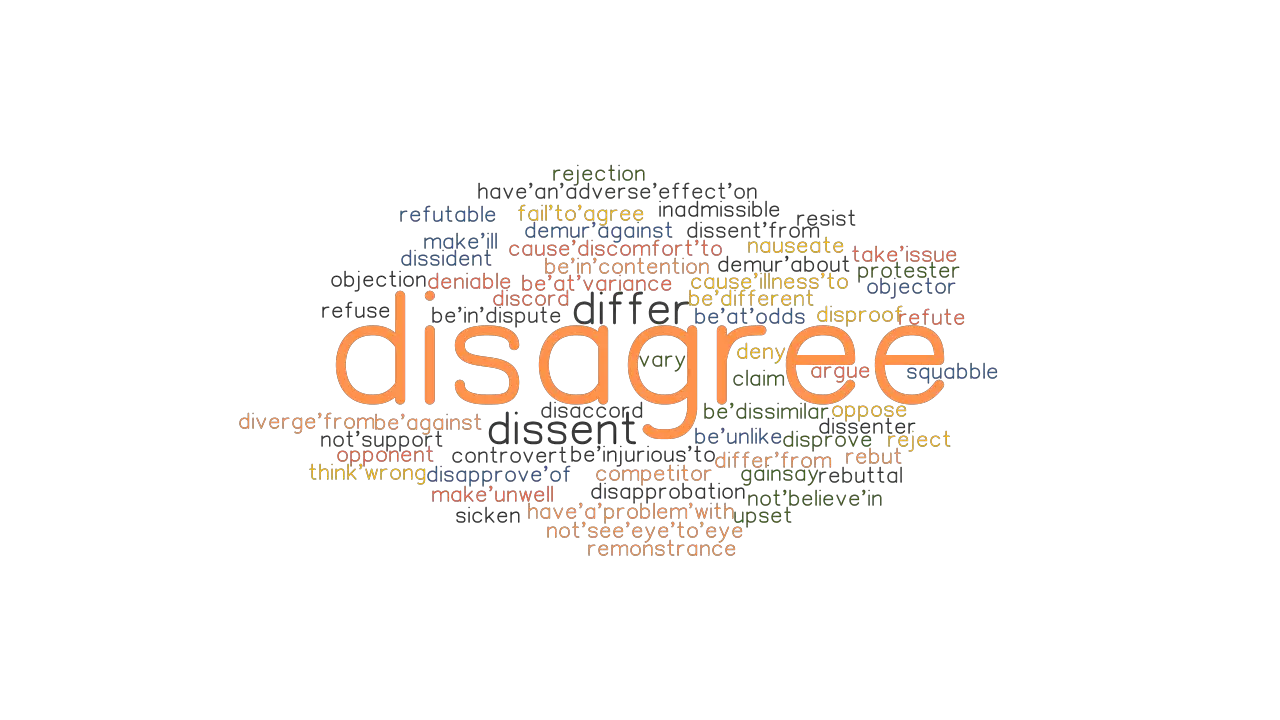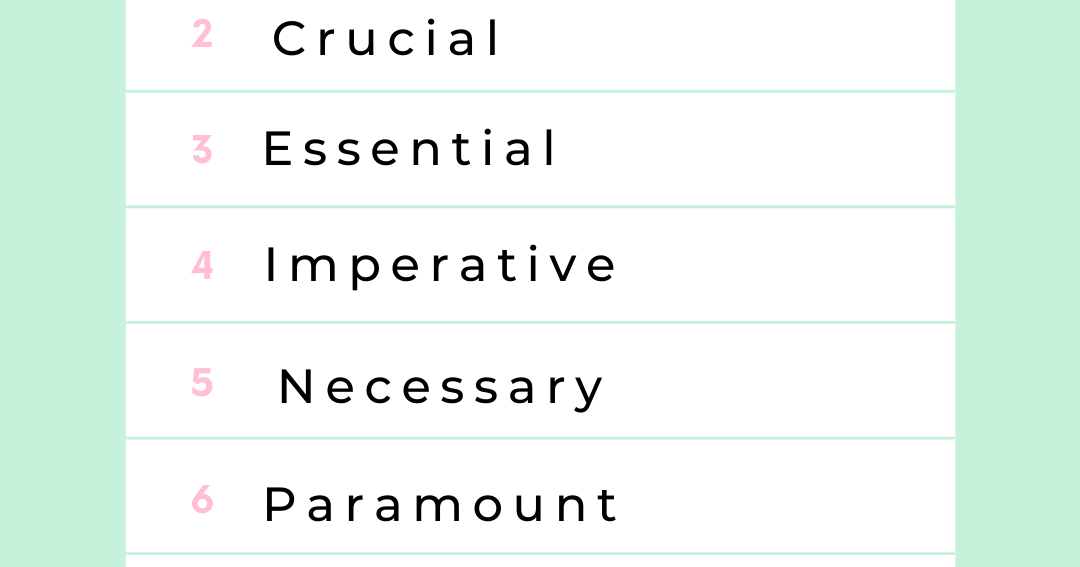

Not to mention the fact that suffering is no longer thought of as ennobling. These are the main arguments against using patient, quite apart from the sense of a grateful patience in suffering that sits with the word and fits poorly with our modern view that we can have rapid “fixes” and that we can, ourselves, take action.

Another word for things not to do professional#
Today’s relationship is one of equals, with the professional adviser giving his or her fellow citizen useful advice. That relationship is very different from the relationship predicated on an image of disease striking the innocent victim, whose suffering can be alleviated only by the healthcare professional with his huge God-given skill. Many of the encounters between healthcare professionals and the public are not about healing as such, but about the activities of normal life-making choices about lifestyle, optional services we might want, or advice on matters such as fertility or cosmetic surgery. The healthcare professional is the healer, while the recipient of healthcare services is the healed, and does not need to take a part in any decision making or in any thinking about alternatives.īut there is another argument for removing the use of the word patient from the vocabulary of the relationship between the healthcare professional and user, the argument we all too often forget. The passive patient will do what he or she is told, and will then wait patiently to recover. It is that the user of services will remain passive in sickness, allowing the healthcare professional to take the active part and tell the user what to do. The active patient is a contradiction in terms, and it is the assumption underlying the passivity that is the most dangerous. The patient, in this language, is truly passive-bearing whatever suffering is necessary and tolerating patiently the interventions of the outside expert. Patient comes from the Latin “patiens,” from “patior,” to suffer or bear. The user is described simply as suffering, while the healthcare professional has a title, be it nurse or doctor, physiotherapist or phlebotomist. Very, like selfsame, may imply identity, or, like same may imply likeness in kind.The word “patient” conjures up a vision of quiet suffering, of someone lying patiently in a bed waiting for the doctor to come by and give of his or her skill, and of an unequal relationship between the user of healthcare services and the provider. Identical results How is very related to other words for same? While in some cases nearly identical to same, identical may imply selfsameness or suggest absolute agreement in all details.

Two houses equivalent in market value When might identical be a better fit than same? The synonyms equivalent and same are sometimes interchangeable, but equivalent implies amounting to the same thing in worth or significance. While all these words mean "not different or not differing from one another," same may imply and selfsame always implies that the things under consideration are one thing and not two or more things.ĭerived from the selfsame source In what contexts can equal take the place of same?Īlthough the words equal and same have much in common, equal implies being identical in value, magnitude, or some specified quality.Įqual shares in the business When could equivalent be used to replace same?

Some common synonyms of same are equal, equivalent, identical, selfsame, and very. Frequently Asked Questions About same How is the word same different from other adjectives like it?


 0 kommentar(er)
0 kommentar(er)
